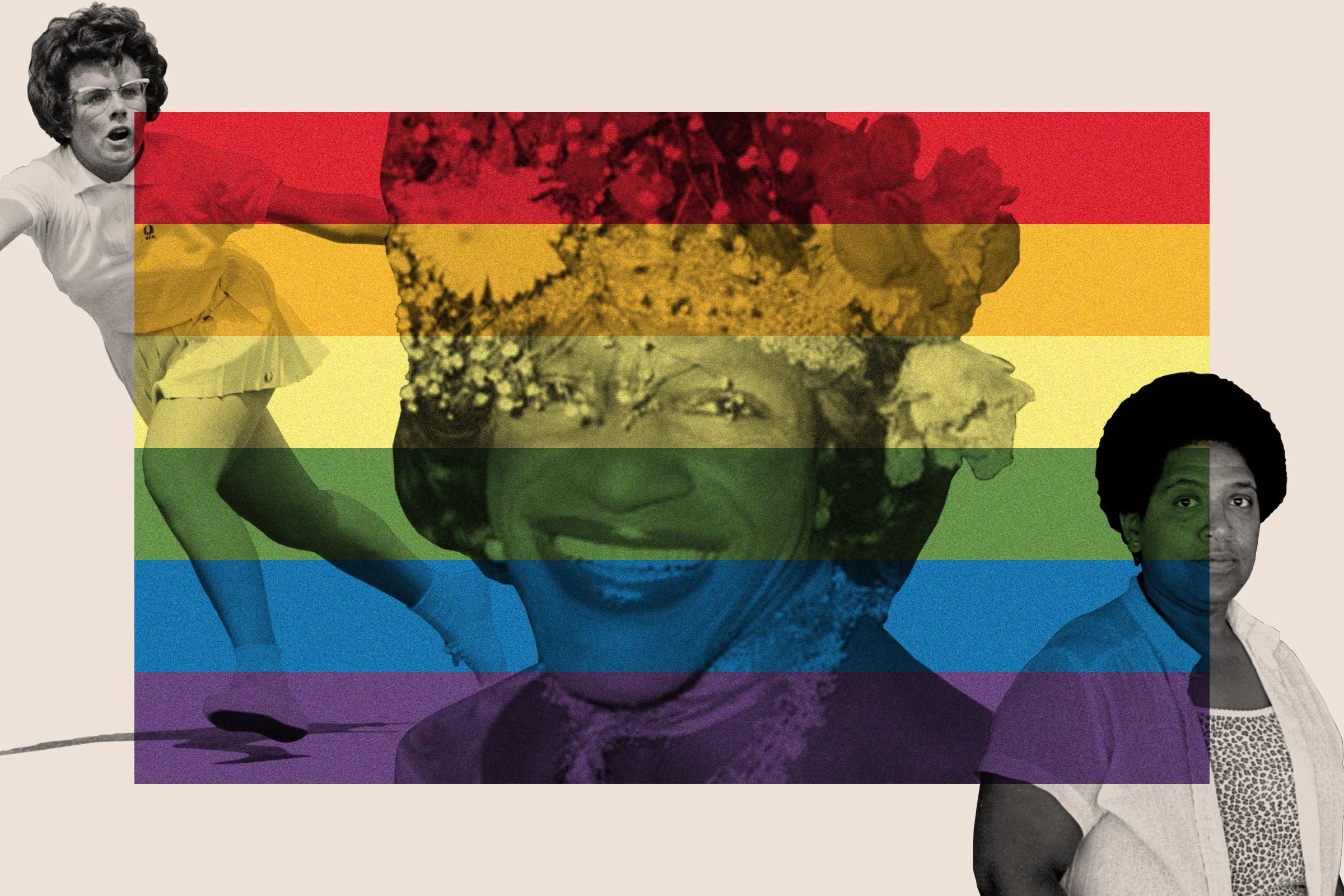
Our nation’s unsung heroes
Like so many movements that start at the grassroots level and evolve into something groundbreaking and global, it’s taken a village to bring the LGBTQ community to where it is in 2022. From LGBTQ charities working hard to provide a safe environment to the community, to regular people making attempts at educating themselves more – a small step goes a long way.
Although the Stonewall Riots of 1969 are largely credited for kicking off the gay-liberation movement, the seeds were being sown long before the first brick was thrown. No list could possibly do justice to all the movers and history makers who have stood on the front lines during the ongoing struggle, so we’ve narrowed things down to 12 who played major roles in the gains the LGBTQ community has made in the last 50 years.
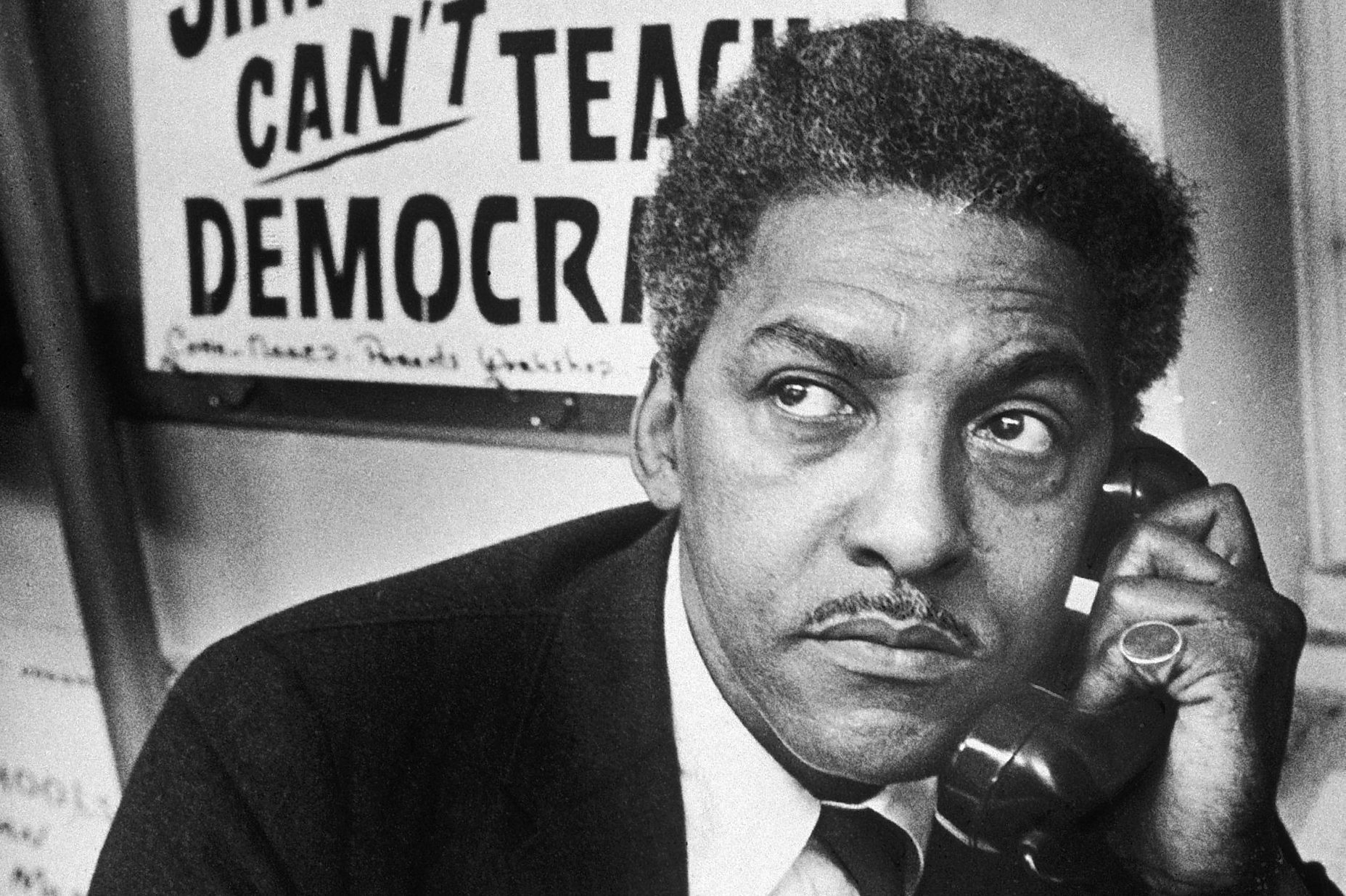
Bayard Rustin
The modern gay rights movement was closely tied to the Black civil rights movement in the 1960s, and Bayard Rustin perhaps best personified the intersection of both causes at the time. A gay adviser to Martin Luther King Jr., he organized the 1963 March on Washington, a benchmark of peaceful protesting. Later, he played a pivotal role in bringing the AIDS crisis to the NAACP’s attention in 1987. “Twenty-five, 30 years ago, the barometer of human rights in the United States were Black people. That is no longer true,” he said in 1987, the year he died. “The barometer for judging the character of people in regard to human rights is now those who consider themselves gay, homosexual, lesbian.”
In 2013, President Barack Obama posthumously awarded Rustin the Presidential Medal of Freedom, the highest civilian honor. That year, in an interview with NPR, National Black Justice Coalition activist Mandy Carter said of Rustin: “For me and for a lot of us who are Black, and gay and lesbian, bi, trans, who see ourselves as social justice advocates as well, to have this person—[he was] such an amazing role model.” Here are more incredible Black Americans you didn’t learn about in history class.
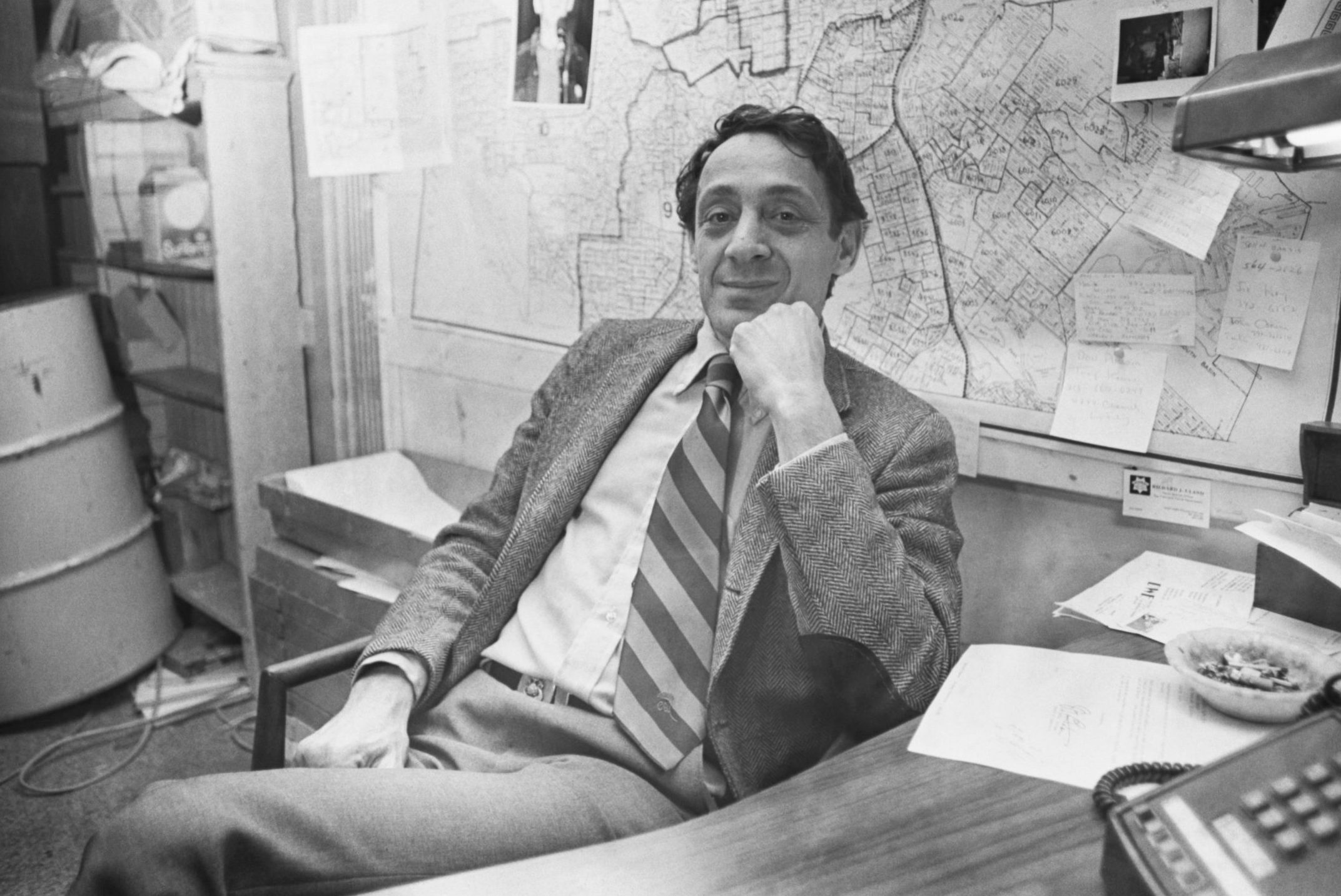
Harvey Milk
The man who was known as the Mayor of Castro Street has a pretty stacked legacy. In 1977, Harvey Milk won a seat on the San Francisco Board of Supervisors, becoming the first openly gay elected official in California and one of the first in the country. Although he was assassinated just one year after winning the election, during his short stint in office, he helped pass the first gay rights ordinance in the country, which protected people from being fired for their sexual orientation. He also encouraged members of the community to knock down the closet doors. “Harvey understood that the single most important political act anyone could take was simply to come out—to reveal their true nature to their friends, families, and coworkers,” his protégé Cleve Jones told NBC News on the 40th anniversary of Milk’s death.
In 2009, Barack Obama posthumously awarded Milk the Presidential Medal of Freedom, and Sean Penn won the Best Actor Academy Award for portraying him in the 2008 film Milk. Not all Oscar-winning films are so obviously worthy.
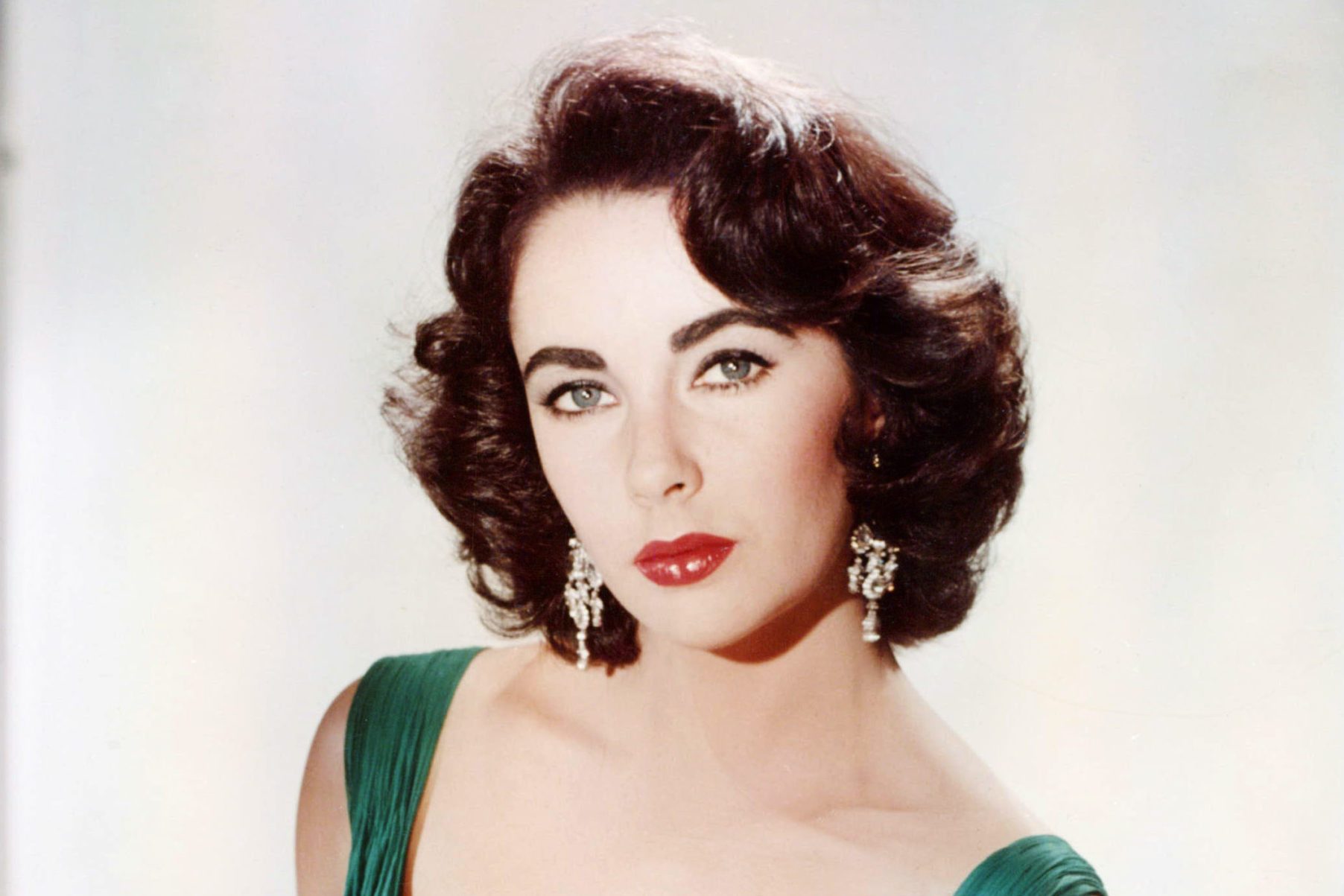
Elizabeth Taylor
Although she is best known as an Academy Award–winning screen icon, Elizabeth Taylor was an advocate for gay men long before it was fashionable to be one in Hollywood. A co-star and close friend of closeted actors Montgomery Clift and Rock Hudson in the 1950s, Taylor was particularly sympathetic to the trials and tribulations gay men faced in a world that was inhospitable to them. In 1985, when they faced an even more deadly enemy, AIDS, Taylor co-founded the American Foundation for AIDS Research (amfAR) with Dr. Mathilde Krim and urged President Ronald Reagan and Congress to stop ignoring the crisis. Through amfAR and the Elizabeth Taylor AIDS Foundation, which she launched in 1991, the actress turned activist helped raise hundreds of millions of dollars for AIDS research. “She stood out as almost the lone star, if you will, when most people were running in the opposite direction,” former amfAR president Dr. Mervyn Silverman told NPR in 2011. Here are some of the best LGBTQ books to read right now.
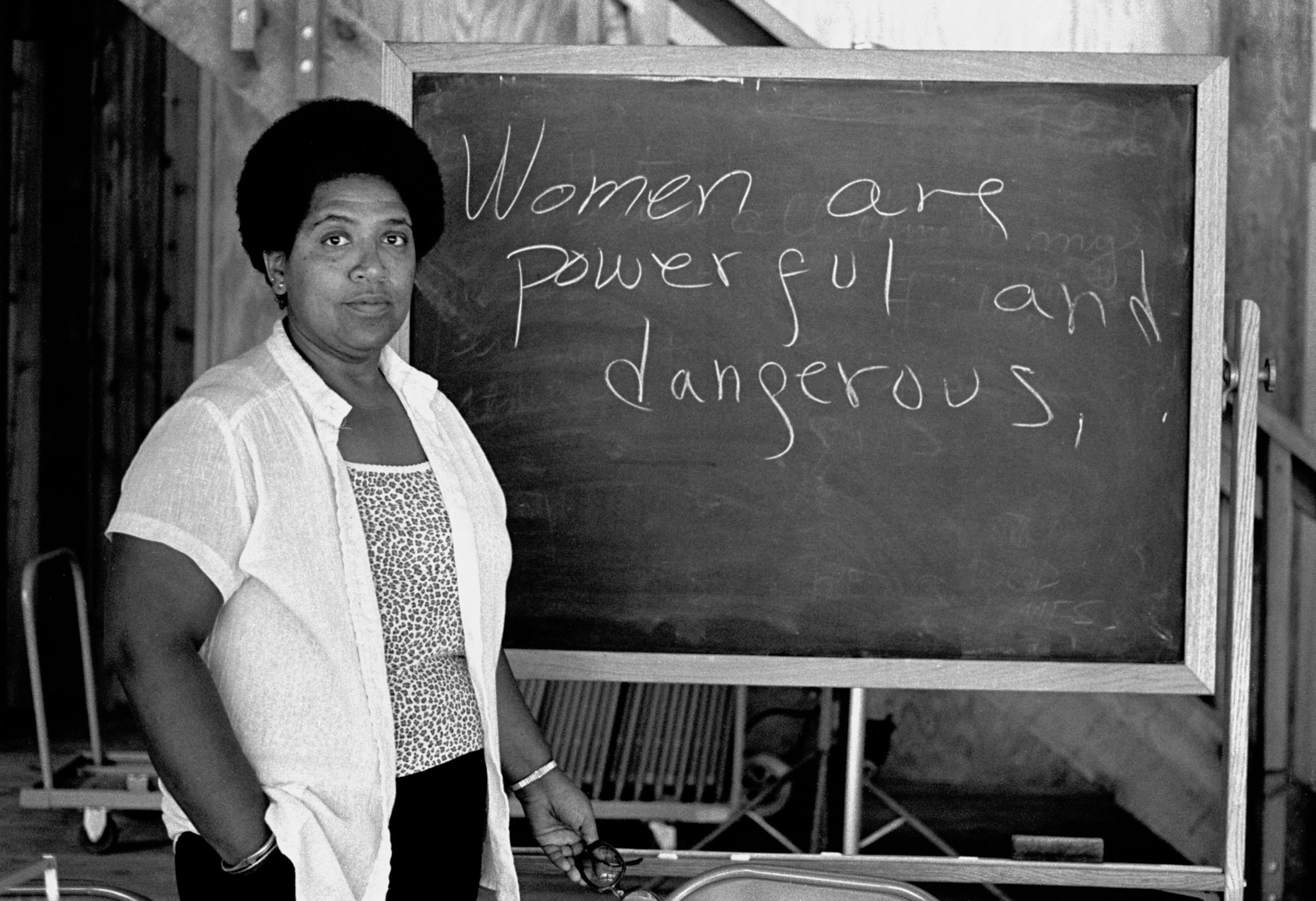
Audre Lorde
How does one define a Renaissance woman like Audre Lorde? Let us count the ways: She described herself as a “poet, warrior, feminist, mother, pioneer, lover, survivor,” but even that list seems to sell this multi-hyphenate somewhat short. She was connected to the civil rights movement of the ’60s and the women’s rights and gay rights movements of the ’70s and beyond, notably helping to bring women of color—both straight and gay—into Betty Friedan’s mostly white, largely upper-crust feminist movement. “Lorde’s indefatigable spirit fought on many fronts—and exclusion by White feminists was just one of the battles,” her colleague Irene Monroe wrote in a 2014 HuffPost essay.
Before her death from breast cancer in 1992, Lorde wrote many of the most significant political and social treatises of the modern activist age (some of which were compiled in the 1984 collection Sister Outsider), underscoring the indivisibility of sexism, racism, ageism, homophobia, and classism and discouraging the “hierarchies of oppression” that pit marginalized groups against one another. Today, her ideas are considered a cornerstone of the concept of intersectionality.
These early feminist quotes still resonate today.
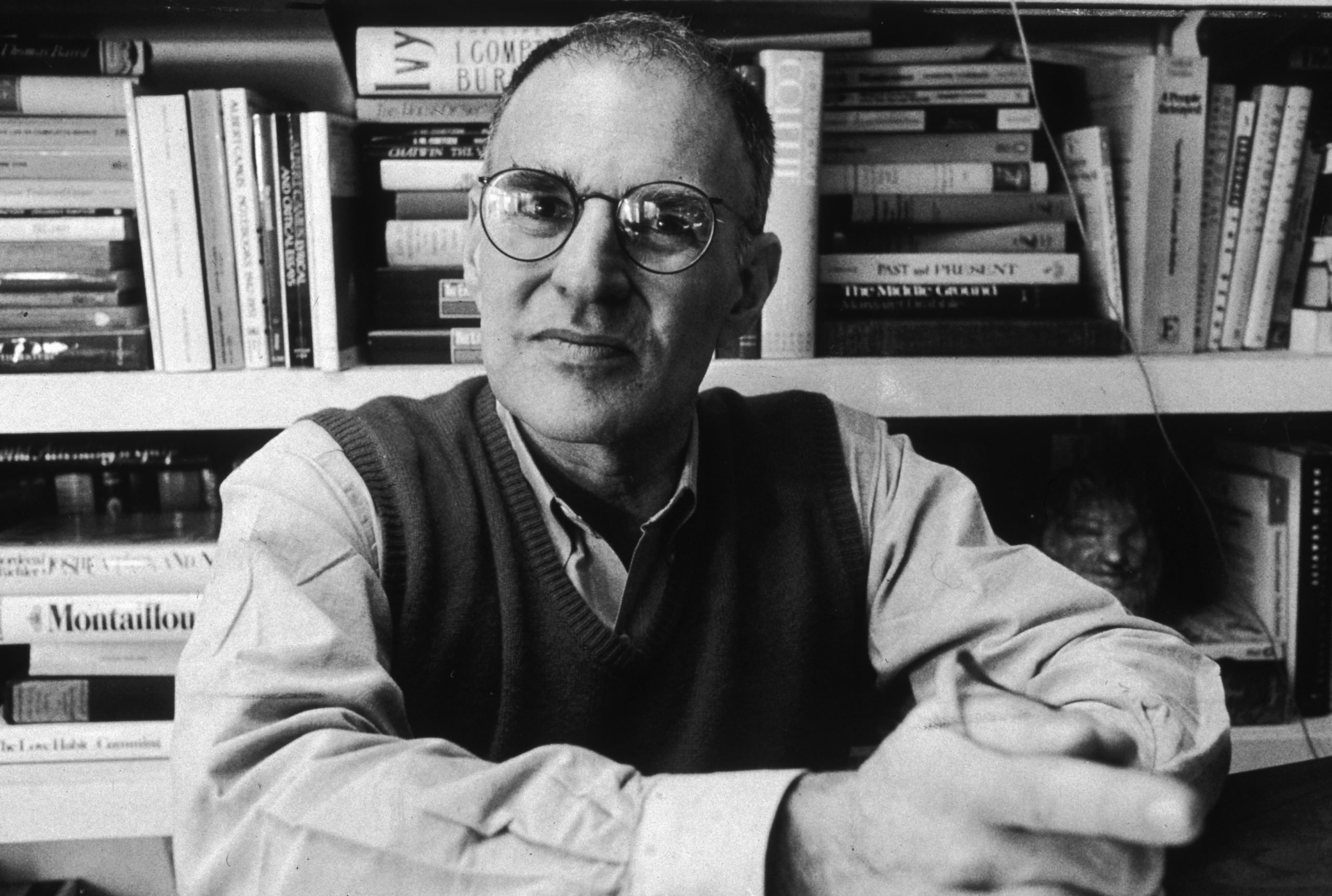
Larry Kramer
Before his death in May 2020, Larry Kramer played as big a role in advancing the LGBTQ cause as anyone in the last 50 years. In the ’80s, he co-founded both the Gay Men’s Health Crisis and ACT UP, both of which played a central role in supporting people with HIV and AIDS; these groups also forced national awareness of the disease and demanded cheaper treatment and accelerated research. In addition to his pioneering activism, Kramer wrote the Oscar-nominated screenplay for the 1969 film Women in Love (which he also co-produced), and in 1985, he authored the autobiographical AIDS-themed play The Normal Heart, which was adapted into a Tony-winning Broadway production and an Emmy-winning 2014 TV movie.
The latter’s Golden Globe–winning star, Matt Bomer, told People shortly after Kramer’s passing: “It’s because of Larry Kramer—his courage, his founding of ACT UP and the Gay Men’s Health Crisis, his activism for HIV-AIDS, and his inspiring books and plays—that we in the LGBTQ community are proud of who we are now. He stood up at a time when it was not widely acceptable to do so.” Kramer was nominated for an Emmy for writing the TV screenplay for The Normal Heart. Here are six ways to be an LGBTQ ally.
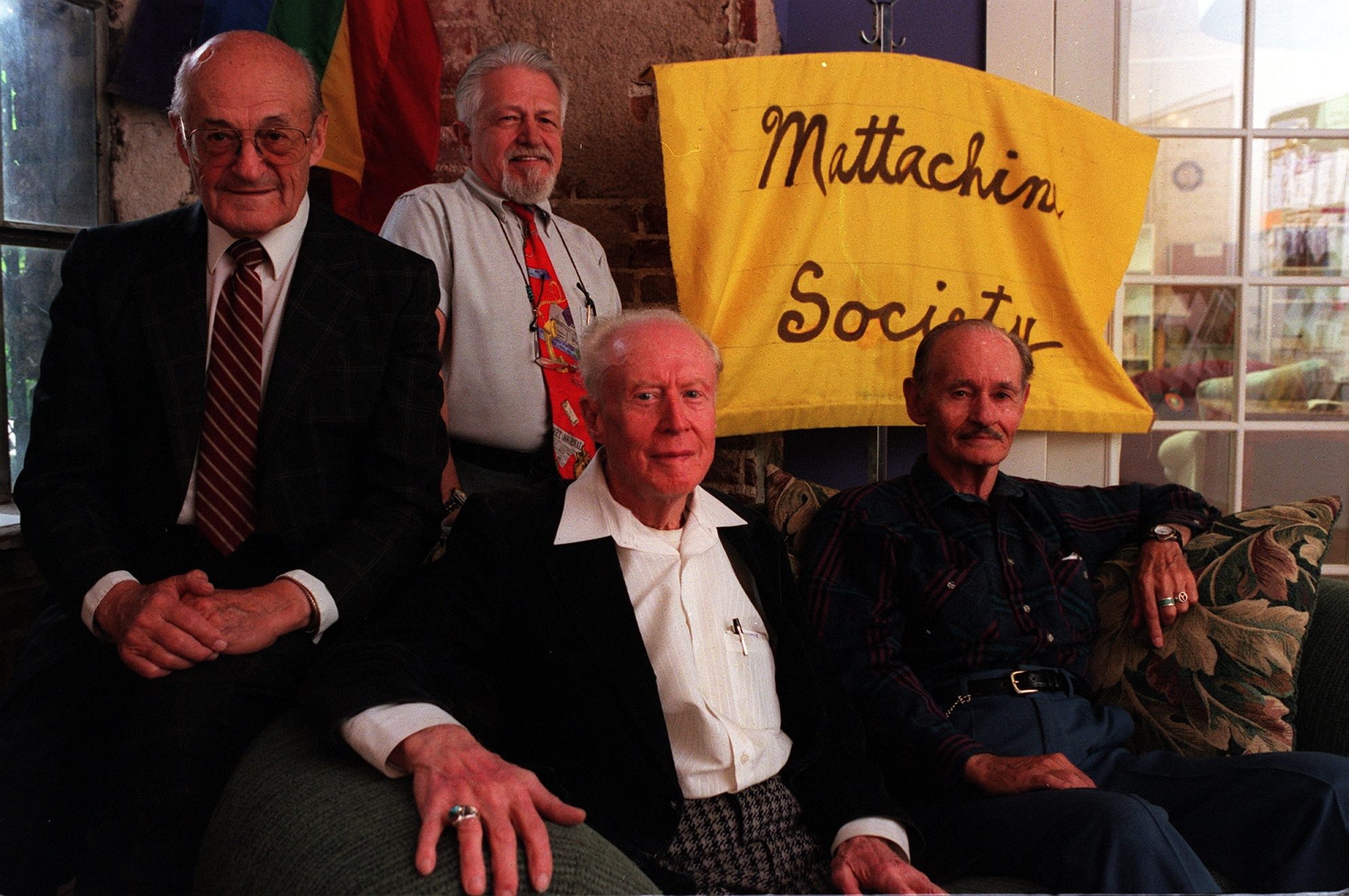
Randy Wicker
A full decade before Stonewall, Randy Wicker launched his own gay movement. In 1958, the New Jersey native began working for the Mattachine Society, one of the country’s first organizations for gay rights, while he was still an undergraduate at the University of Texas; he later launched Wicker Research Studies to lead the “homophile” movements in Texas, Louisiana, and Mississippi. After graduation, he started the Homosexual League of New York, which worked to present homosexual themes and promote gays and lesbians in the mainstream media. Wicker also picketed in front of the U.S. Army Induction Center to protect the confidentiality of gay men’s draft records in 1964, and in the pre-Stonewall years, he confronted homophobic hosts and spread his message of LGBTQ acceptance while appearing on radio and TV shows.
During the ’70s, he wrote for a number of straight and gay publications, including The Advocate, Gay, and the New York Herald Tribune. Although Wicker initially represented the more conservative wing of the LGBTQ movement, he shifted to the left over time, joining the Gay Activists Alliance and the Radical Fairies, and he continues activism work to this day.
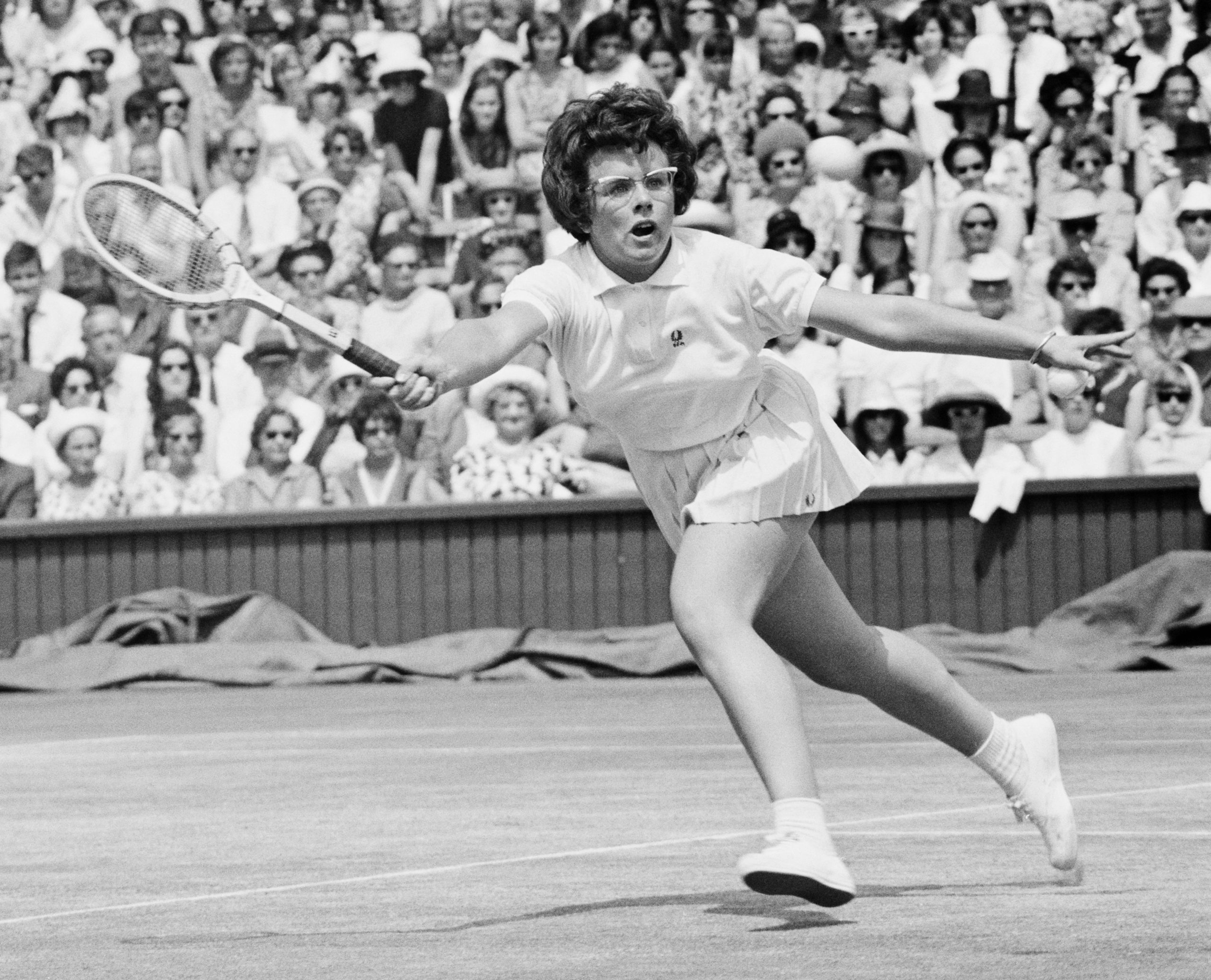
Billie Jean King
Sports fans are aware of Billie Jean King’s accomplishments on the tennis court, but she’s also been a visible LGBTQ activist for decades. When she was publicly outed in 1981 via a palimony suit filed by her female secretary, her handlers urged her to deny the relationship, but King refused. “I said: ‘I’m going to do it. I don’t care. This is important to me to tell the truth.'” she told NBC News in 2017. “The one thing my mother always said, ‘To thine own self be true.'” In doing just that, she became one of the first national sports players to be openly gay (and lost all of her endorsement deals in the process), leading the way for fellow tennis star Martina Navratilova to come out months later.
King went on to serve as a board member for the National AIDS Fund and the Elton John AIDS Foundation and played a key role in securing national distribution for the 1996 documentary It’s Elementary: Talking About Gay Issues in School. Her lifetime achievement honors include being inducted into the Chicago LGBT Hall of Fame in 1999 and becoming the first female athlete to receive the Presidential Medal of Freedom 10 years later.
Learn about more LGBTQ+ heroes who made great strides in the fight for equality and acceptance.
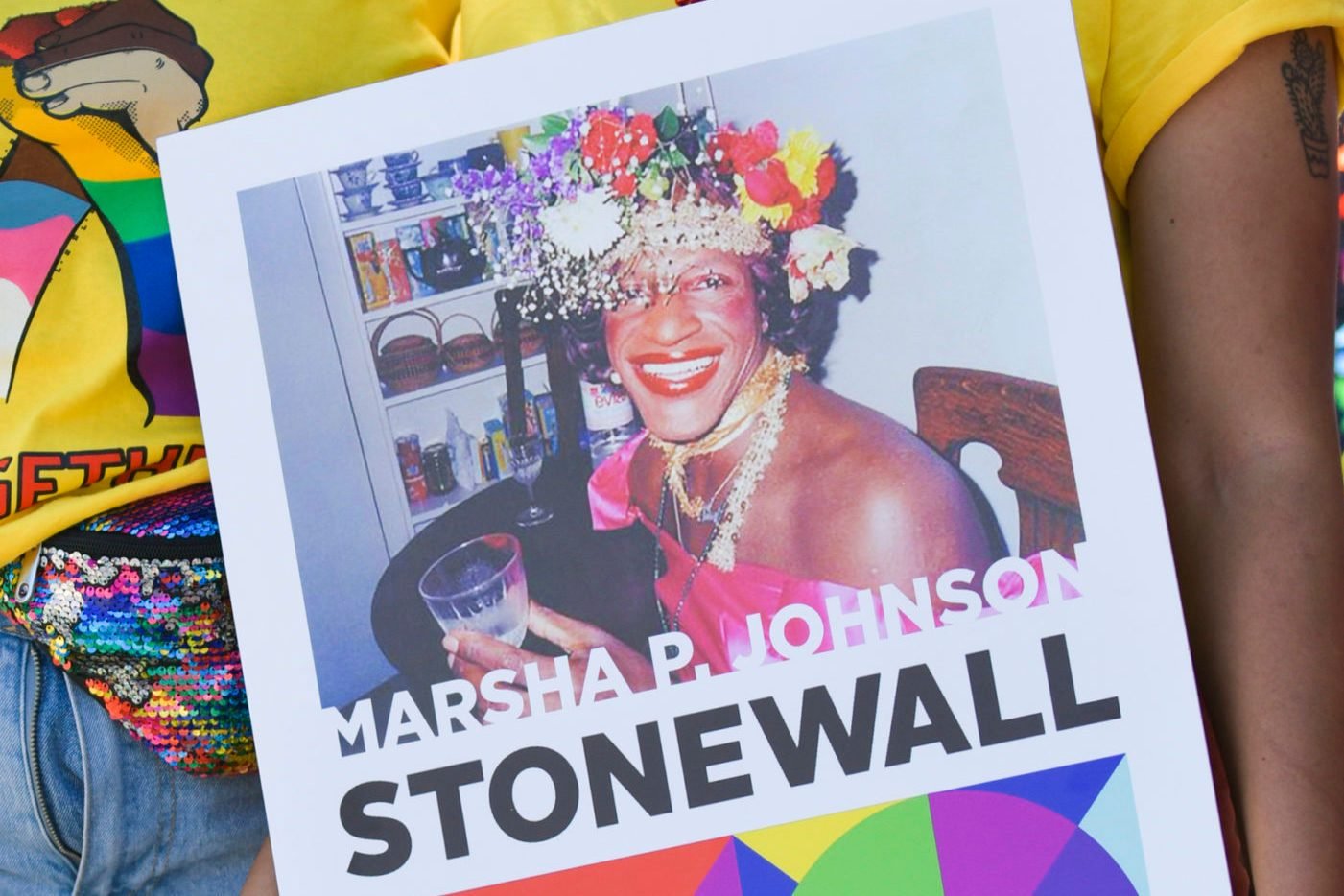
Marsha P. Johnson
On June 28, 1969, an uprising at the Stonewall Inn in New York City’s West Village unofficially launched the modern LGBTQ movement and became one of the protests that changed American history. At the center of the action that night was a transgender drag performer, sex worker, and activist named Marsha P. Johnson. “We just were saying, no more police brutality and, oh, we had enough of police harassment in the Village and other places,” she explained in a 1989 chat with fellow activist Randy Wicker and journalist and Making Gay History podcast host Eric Marcus.
She went on to become the first vice president of the Street Transvestite Action Revolutionaries (STAR), which provided accommodations for homeless transgender youth, and she worked with ACT UP in the ’80s until she died in 1992. After her body was found floating in the Hudson River, her death was ruled a suicide, but many believe she was murdered. “Her mysterious death is a reminder of the ongoing violence Black and transgender people face in this country,” Bianca Rodriguez wrote in Marie Claire recently. Fortunately, Johnson’s legacy lives on. Don’t forget to brush up on when Pride Month is and how it began.
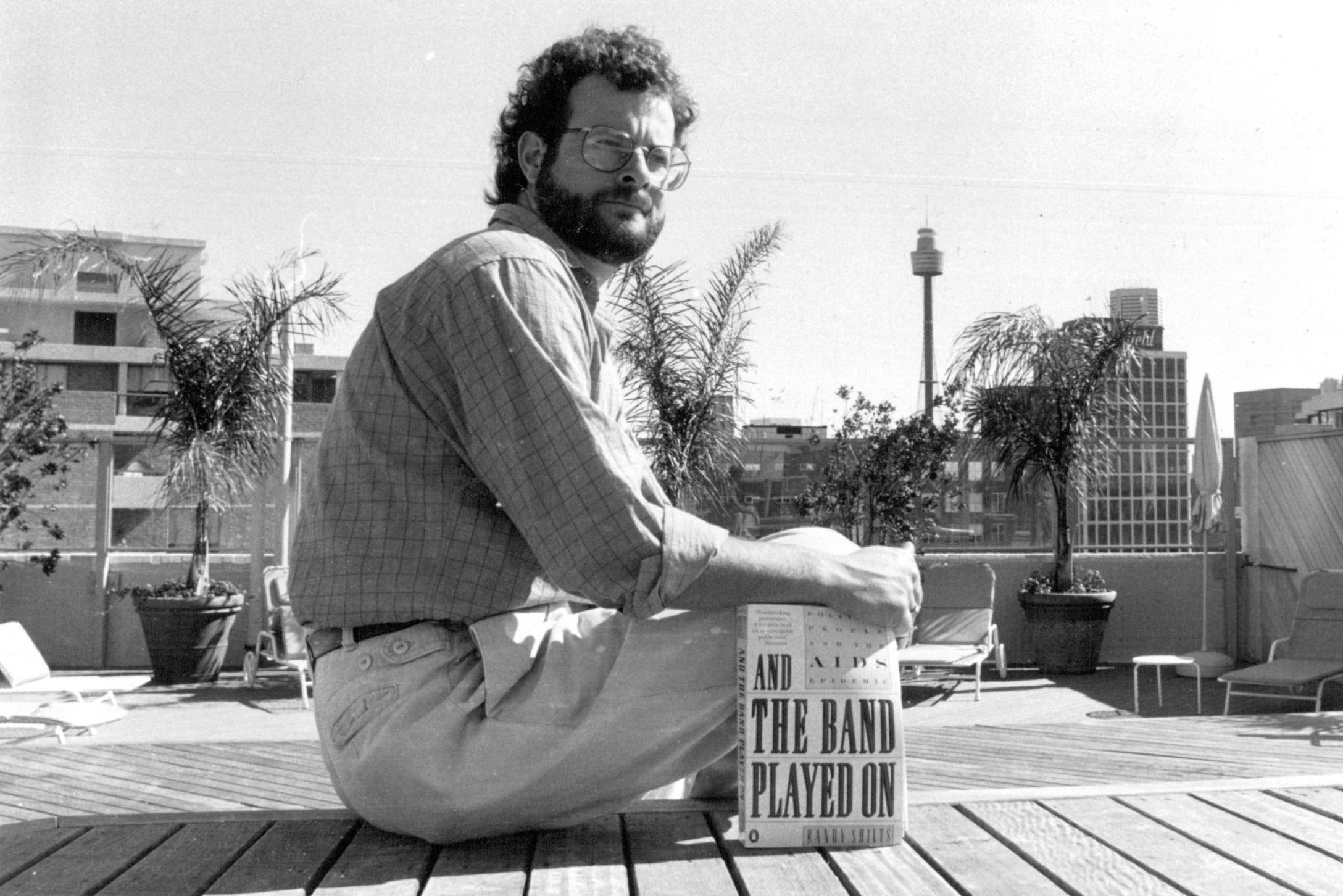
Randy Shilts
In 2019, the Washington Monthly called Randy Shilts “the journalist who changed how we see gay America.” Indeed, it’s hard to imagine gay America being what it is today without And the Band Played On, his groundbreaking magnum opus. The 1987 best seller unflinchingly documented the history of HIV and AIDS, calling out the U.S. government for its indifference to the pandemic that was killing off much of the gay male population. Shilts tested positive for HIV when he was working on the book and died in 1994, the year after it was turned into a TV movie.
While he was fairly controversial during his lifetime, with critics objecting to the broad, unflattering strokes he sometimes used to depict the gay community, his influence remains undebatable. “Randy Shilts belongs to that storied tradition of gay iconoclasts who, gleaning from their minority status the value of intellectual pluralism and individual integrity, proudly refuse to abide by any sort of orthodoxy,” author James Kirchik wrote in the Washington Monthly. Sadly, four decades after the first diagnosis, there is no known cure for AIDS, and many still don’t know crucial facts about the disease.
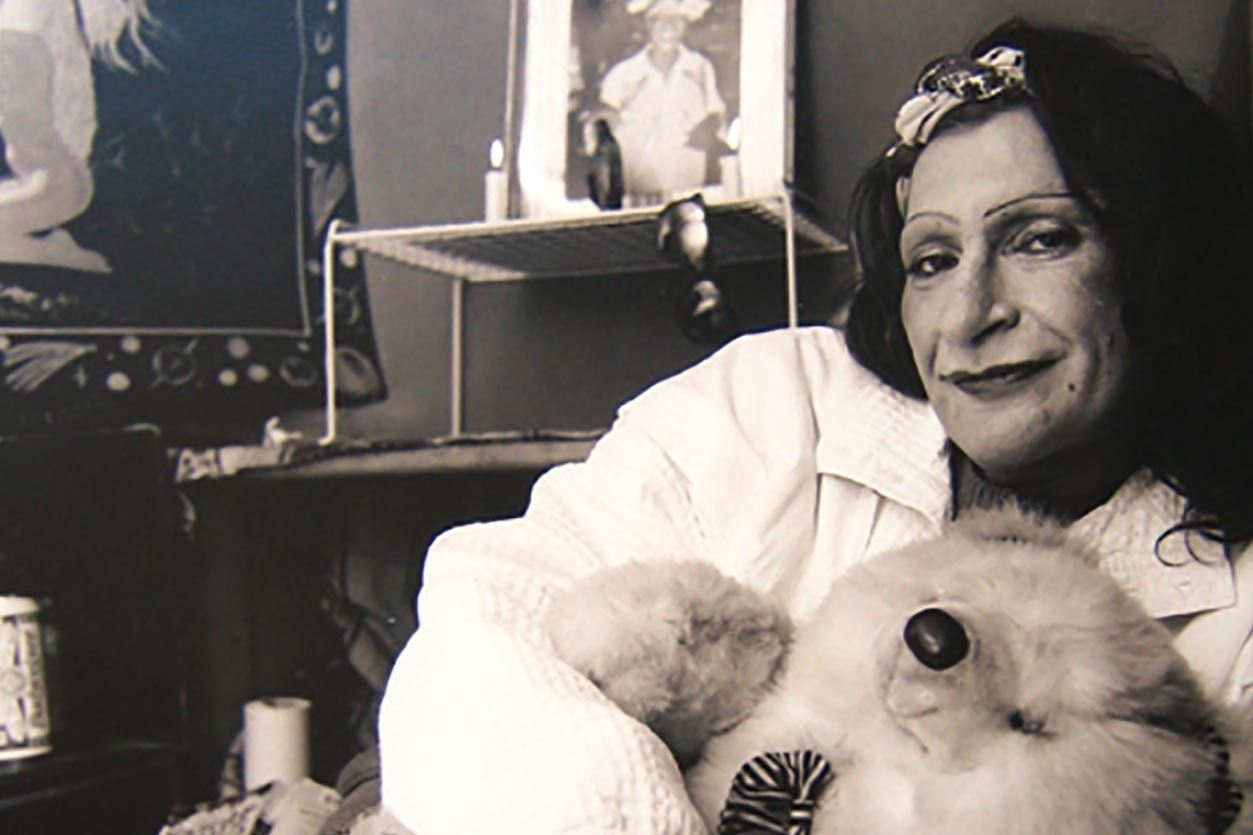
Sylvia Rivera
She was only 19 years old when, in 1970, she founded Street Transvestite Action Revolutionaries (STAR) and became its first president. Along with several other trans activists, including Marsha P. Johnson, Sylvia Rivera opened STAR House in November 1970, offering shelter to homeless and trans youths. She and Johnson were the den mothers of the four-room mob-owned apartment, turning tricks and shoplifting in order to pay the rent and stock the refrigerator with food. Although they were evicted less than a year later for failing to make rent, Rivera went on to fight for more inclusiveness within the feminist and queer communities, both of which she felt ignored the hurdles faced by trans women of color.
Founded after her death in 2002 and named in her honor, the Sylvia Rivera Law Project (SRLP) has revived her vision to provide assistance to trans, intersex, and gender-nonconforming people. “Sylvia’s legacy does point us toward a much more radical vision of what it looks like to take care of each other,” Adelaide Matthew Dicken, Director of Grassroots Fundraising & Communications at SRLP, told the website them. in 2019.
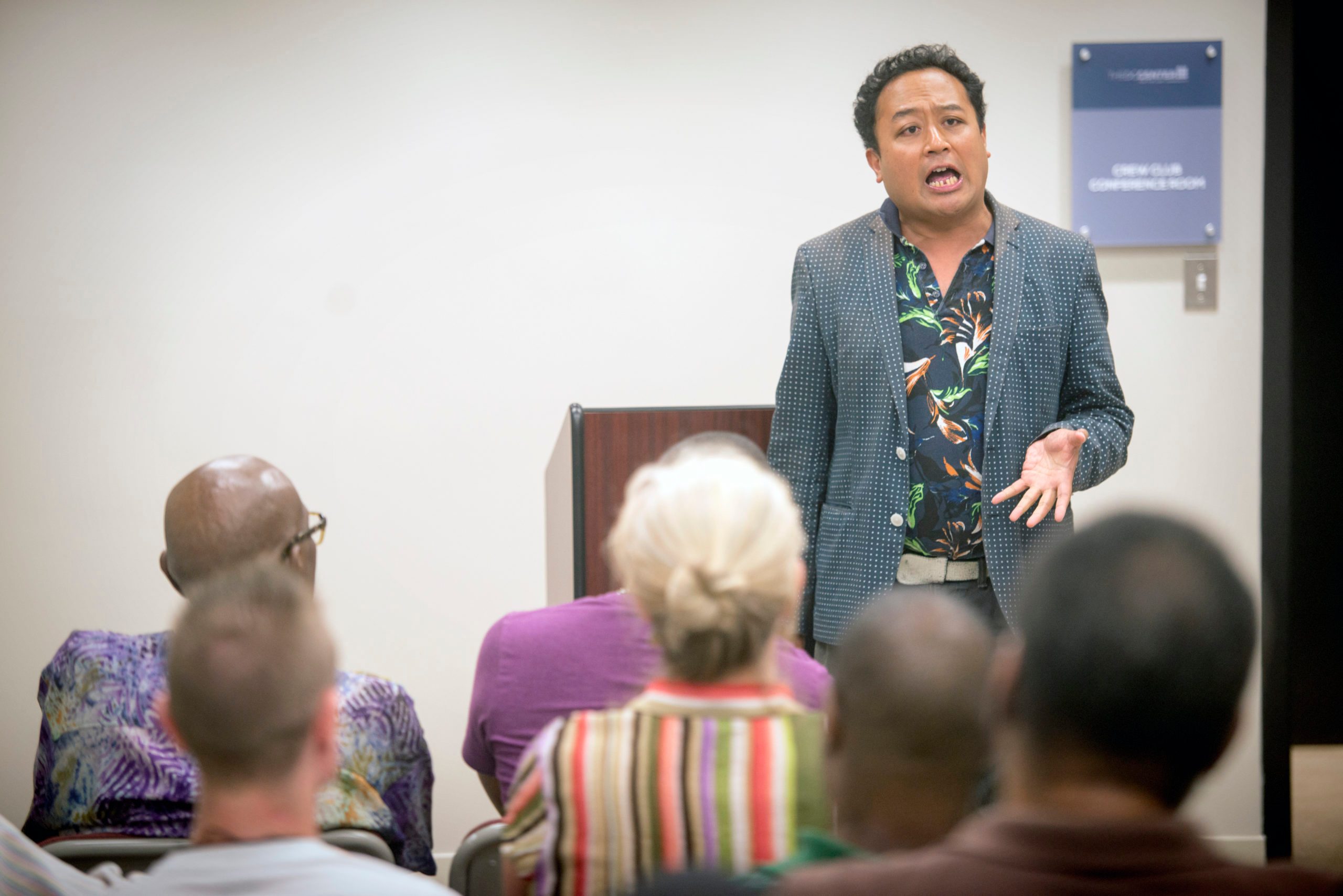
Essex Hemphill
Like James Baldwin, Essex Hemphill used the written word to shine a light on marginalized voices. In the case of the poet and performer, who died of AIDS complications in 1995 at age 38, the focus was the Black gay experience, which had largely been ignored by the mainstream gay media. Through his written works and appearances in the films Tongues Untied and Looking for Langston, he tackled homophobia and sexism within the Black community and racism in the gay community. His work editing the 1991 anthology Brother to Brother: New Writings by Black Gay Men, exposed many to the lives and loves of queer Black men a quarter of a century before Moonlight.
“He wrote as the enraged African American male labeled as a sexualized Mandingo in the media, the headless black male in Mapplethorpe photographs,” poet and theater artist Regie Cabico wrote in Beltway Poetry in 2012. “He was the face of AIDS and brazenly opened the sexual taboos and homophobia within the African American community, uniting black lesbians and gay men.”
Need a poetry fix? Here are eight poems to inspire you.
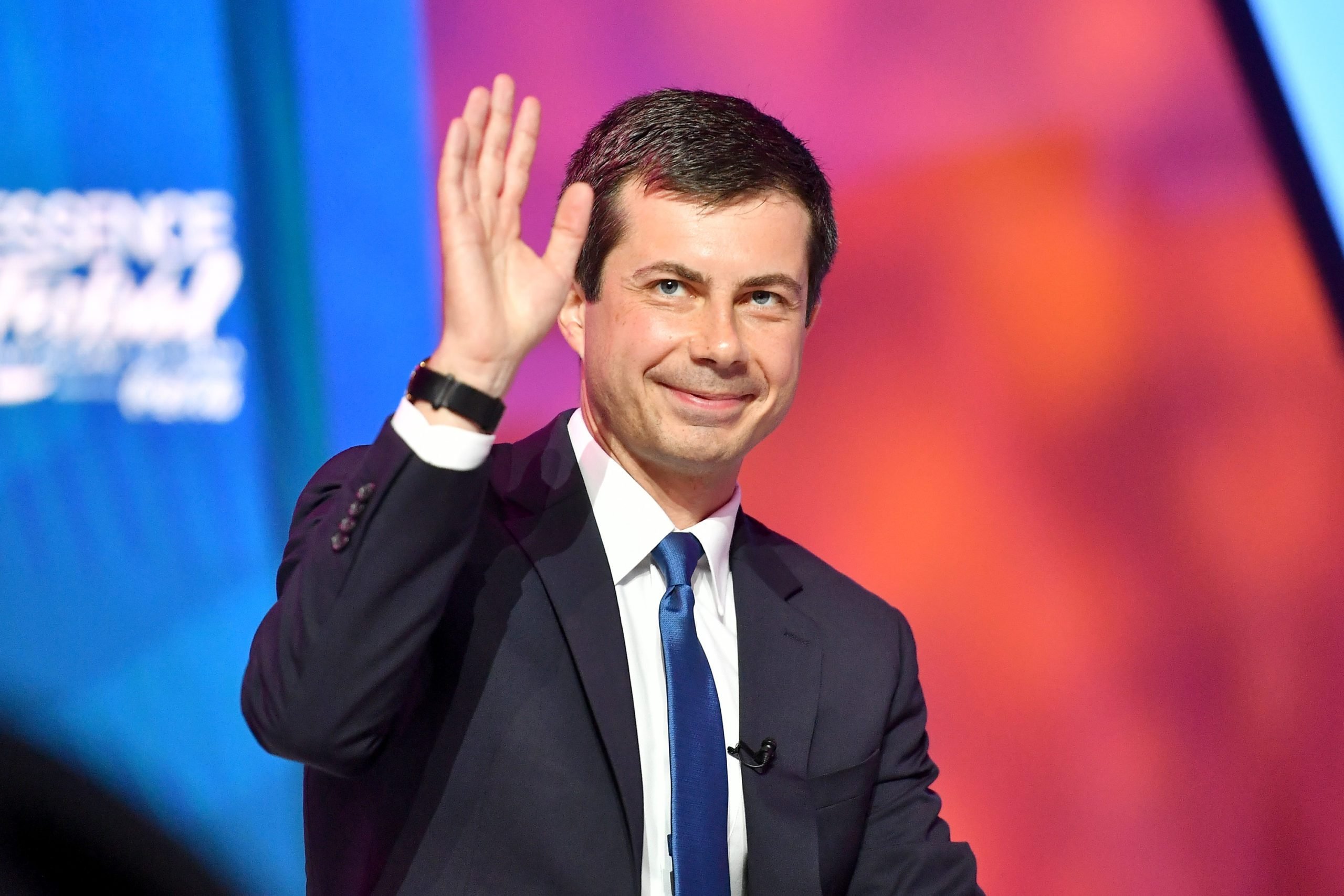
Pete Buttigieg
Although he’s not a traditional activist, Pete Buttigieg’s influence will affect the LGBTQ community for generations to come. In addition to being the first openly gay politician to launch a viable presidential campaign, the former South Bend, Indiana mayor did so without compromising his status as a proud gay man. Just the very act of standing on a stage with his husband, Chasten Glezman, and being publicly affectionate with him was an unmistakable show of gay activism.
At just 38 years old, Buttigieg has expanded the horizons of young gay men, and after he won the Iowa Democratic caucuses for the first time in U.S. history in February 2020, the idea of a gay or lesbian president didn’t feel like a dream that could never come true. “In a lot of ways, Pete showed us, and maybe more importantly the rest of the country, that we can indeed have it all. Be it all,” Brock Thompson wrote in the Washington Blade shortly after Buttigieg suspended his campaign in March. “You can be from rural towns, the city, a gay Christian, a gay veteran, and a happily married gay man.”
Next, check out these iconic photos from when same-sex marriage was legalized and read these inspiring LGBTQ quotes.
